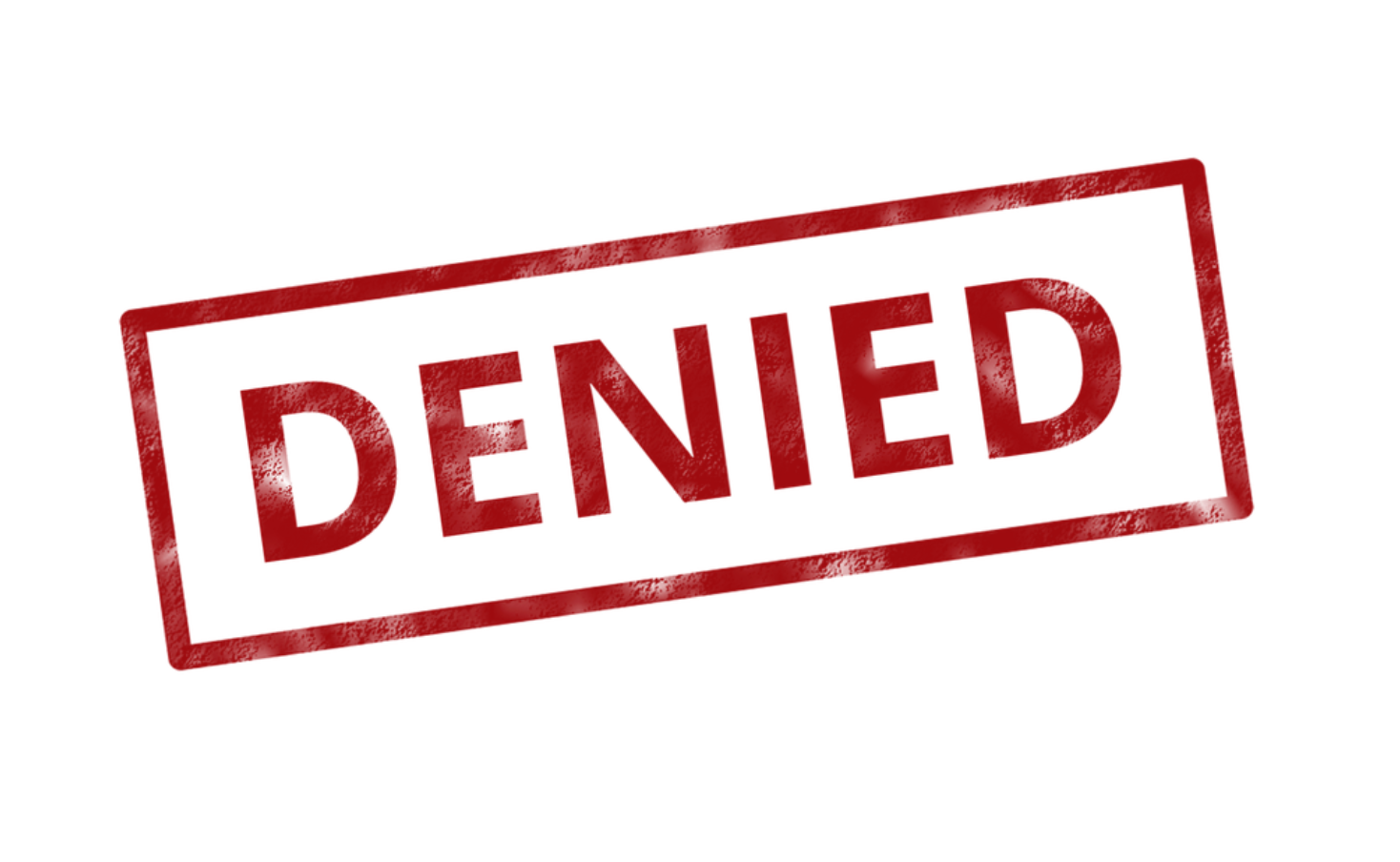The legalities of personal lines insurance are multifaceted and dynamic, requiring both insurers and policyholders to stay informed and compliant.
In the realm of insurance, personal lines insurance stands out as a vital component in safeguarding individuals’ assets and financial stability. While its importance is widely recognized, understanding the legalities surrounding personal lines insurance is crucial for both policyholders and insurers. This article aims to provide a comprehensive exploration of the legal aspects of personal lines insurance, offering insights into how these regulations impact policyholders and insurance providers.
Personal Lines Insurance: A Legal Overview
Personal lines insurance encompasses various types of insurance policies designed for individuals and families, including auto, homeowners, life, health, and liability insurance. Each type of policy is governed by specific legal frameworks and regulations, which are often dictated at both federal and state levels. Understanding these legal considerations is essential for navigating the complex landscape of personal lines insurance.
Contractual Nature of Insurance Policies
At its core, an insurance policy is a contract between the insurer and the insured. This contract outlines the terms and conditions under which coverage is provided, including the premiums, coverage limits, deductibles, and the specific risks covered. The legal principle of ‘utmost good faith’ underlies these contracts, requiring both parties to act honestly and not misrepresent any facts. Failure to adhere to these principles can lead to legal disputes and potential nullification of the policy.
State Regulations and Compliance
Insurance is primarily regulated at the state level in the United States. Each state has its own set of laws and regulatory bodies, such as State Insurance Departments, which oversee the operation of insurance companies. These regulations cover various aspects, including licensing of insurers and agents, policy standards, rate approvals, and consumer protections.
State laws also dictate certain mandates regarding insurance coverage. For example, most states require drivers to have a minimum level of auto insurance, and many have regulations around health insurance coverage. Insurers must comply with these state-specific regulations, and policyholders need to be aware of these requirements to ensure they have adequate and lawful coverage.
Disclosure and Transparency Requirements
Legal frameworks governing personal lines insurance emphasize the importance of disclosure and transparency. Insurers are legally obligated to clearly outline the coverage, exclusions, limitations, and other terms of the policy. This requirement ensures that policyholders fully understand their coverage and the conditions under which claims will be paid.
Policyholders, in turn, are required to provide accurate and complete information when applying for insurance. Misrepresentation or non-disclosure of material facts can lead to denial of claims or cancellation of the policy.
Claims Process and Legal Recourse
The process of filing and settling claims is a critical aspect of personal lines insurance, governed by legal rules and procedures. Insurers are required to handle claims in a timely and fair manner. State laws often outline specific time frames within which insurers must acknowledge, process, and settle claims.

Policyholders have legal recourse in cases where they believe a claim has been unjustly denied or mishandled. They can appeal the insurer’s decision, file complaints with state insurance departments, or pursue legal action if necessary.
Privacy and Data Protection
With the increasing use of technology in the insurance sector, issues of privacy and data protection have become paramount. Insurers collect and store vast amounts of personal information, and they are legally bound to protect this data and use it responsibly. Regulations such as the Health Insurance Portability and Accountability Act (HIPAA) in health insurance and various state-level privacy laws govern the handling of personal information.
Insurance Fraud and Legal Implications
Insurance fraud, whether committed by policyholders or insurance providers, is a serious legal issue. It includes acts such as falsifying claims, exaggerating damages, or misrepresenting information to obtain lower premiums. Such actions are subject to legal penalties, including fines and imprisonment, and contribute to increased costs for all policyholders.
The Role of Legal Counsel
For insurers and policyholders alike, legal counsel plays a vital role in navigating the legal complexities of personal lines insurance. Legal professionals help ensure compliance with regulations, provide guidance in contract formation and claims handling, and represent parties in disputes.
Conclusion
The legalities of personal lines insurance are multifaceted and dynamic, requiring both insurers and policyholders to stay informed and compliant. Understanding these legal aspects is crucial for ensuring that insurance serves its intended purpose – providing financial protection and peace of mind. As regulations continue to evolve, particularly in response to technological advancements and changing societal needs, staying abreast of legal developments remains a critical aspect of managing personal lines insurance effectively. For individuals and families, this knowledge is key to securing appropriate coverage and for insurers, it is fundamental to operating within the legal frameworks and maintaining trust with policyholders.


Join the conversation!